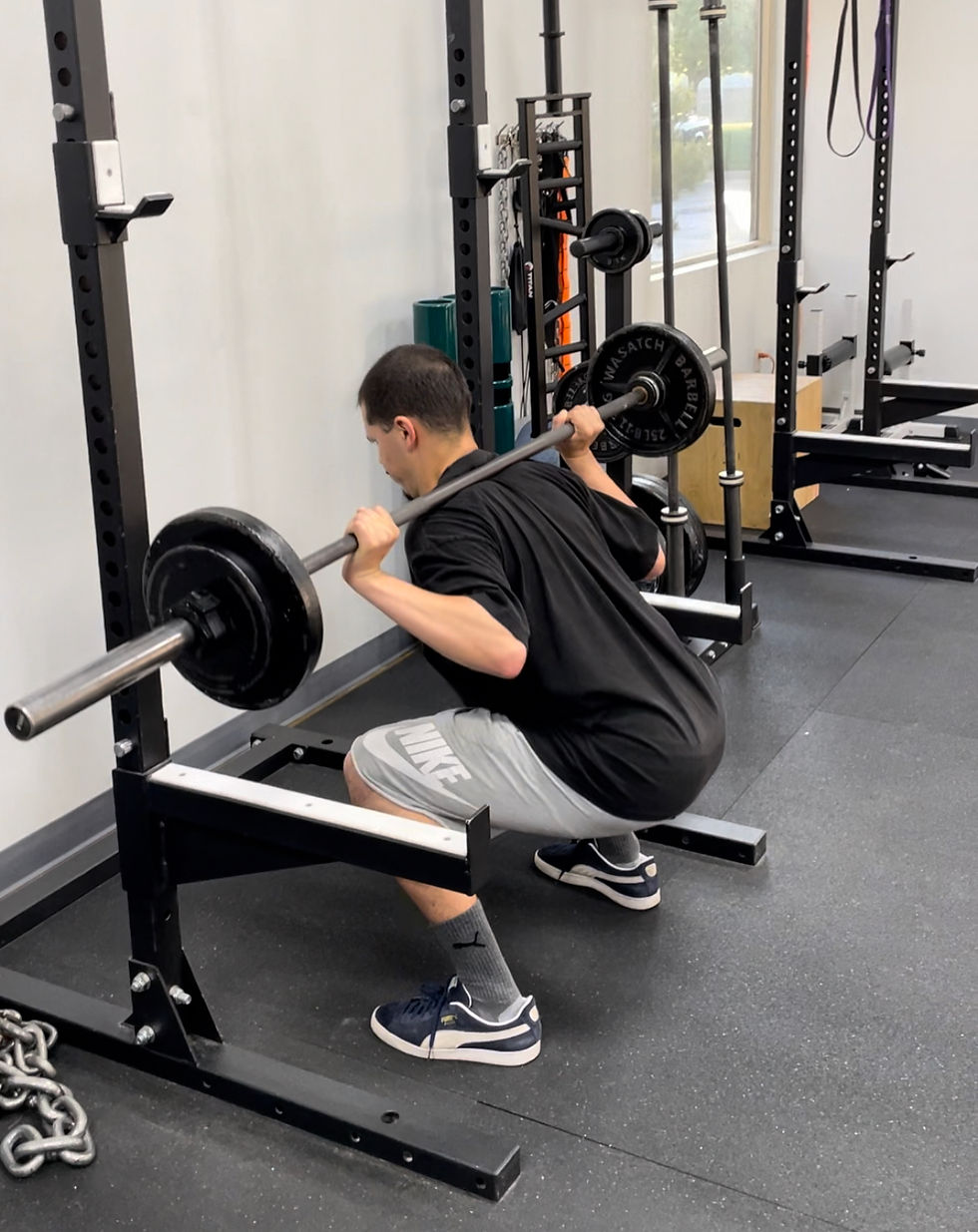Strategies for Success as a Student-Athlete
- Thiago Lopes

- Jun 18, 2024
- 2 min read

Life as a student-athlete can be very demanding and unbalanced, but if you can get the balance right, it can be a fantastic experience filled with great memories and personal growth. The following are a few strategies that I used as a student-athlete to keep my performance on the field and in classroom at my best while still having time for a healthy social life.
Prioritize Sleep for Optimal Performance

As a student-athlete, getting enough sleep is crucial for both your academic performance and athletic success. Studies have shown that a lack of sleep can impair cognitive function, reaction time, and overall athletic performance [1, 2].
Aim for at least 8 hours of sleep each night. This will help you to stay focused in class, retain information more effectively, and perform at your best during practices and games.
Schedule Dedicated Study Time

Staying on top of your schoolwork can be tough with a busy athletic schedule. However, scheduling a dedicated homework window each day can help you stay organized and avoid falling behind.
Block out at least 2 hours each day for homework and studying. This should give you ample time to complete assignments, review class materials, and prepare for upcoming tests. Plus, if you’re all caught up or ahead on everything, you’ll have a couple hours of free time.
Plan Your Days to Achieve Your Goals

Setting goals is essential for success in any area of life but can make a colossal impact in both academics and sports [3,4].
Start by setting long-term goals for yourself, such as what you want to achieve by the end of the school year or your athletic career. Then, break down these long-term goals into smaller, more manageable yearly, monthly, and weekly goals.
Finally, create a daily plan that includes specific tasks you will need to complete to work towards your goals. This will help you stay on track and make progress over time.
This is not an exhaustive list by any means but it’s what I felt had the biggest impact on my ability to perform well on the field while staying on top of my school work and allowed me to maintain an active social life.
Apply these strategies to build yourself and change your game!
References
Chennaoui, O., & Fuller, P. M. (2011). Sleep and muscle recovery: Impaired sleep reduces growth hormone and IGF-1 secretion in athletes. Sports Medicine, 41(1), 59-72.
Neurauter, C. M., Wiseman, R. J., Dooley, A., Hughes, C. M., & Watson, N. V. (2012). Sleep deprivation and subjective well-being in athletes: The roles of sleep quality, fatigue, and stress. Journal of Sports Sciences, 30(12), 1415-1423.
Locke, E. A., & Latham, G. P. (2002). Building a critical mass of evidence to make goal setting effective in applied settings. Journal of Organizational Behavior Management, 20(1), 3-50.
Schunk, D. H., & Zimmerman, B. J. (2008). Motivation and self-regulated learning: The role of self-efficacy expectations. Educational Psychologist, 43(4), 163-175.








Comments